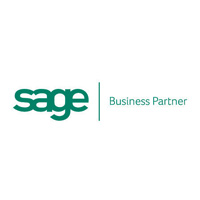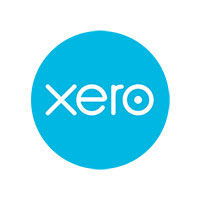
The Employment Allowance is a great tax saving opportunity for most employers. The allowance helps to reduce the amount of National Insurance Contributions (NICs) that employers pay each year by up to as much as £3,000.
Why was Employment Allowance introduced?
The idea behind the scheme is to help boost economic growth through encouraging small businesses to employ more staff. Employers taking advantage of the allowance can basically write off the first £3,000 of their NIC payment each year. The limit was raised from £2,000 to £3,000 from 6th April 2016. It is thought that this limit may well be raised to a higher level in future years.
How it works
The allowance is automatically claimed each month through your company payroll system until your company reaches the entire £3,000 allowance limit. So this means that your firm will not be liable to pay any NICs until after the whole £3,000 allowance has been spent.
The Employment Allowance is normally calculated through your company payroll software, or via your accountants’ software, by selecting the correct option. The amount is worked out each month until the remaining allowance has been reduced down.
According to Government calculations, around 450,000 small businesses are expected to benefit from claiming Employment Allowance each year, and around one-third of these businesses will not have to pay any Employers’ NICs at all.
Does my business qualify?
You can claim Employment Allowance if you are an employer that pays Class 1 Employers’ National Insurance Contributions. However, as a small business, you will only benefit from the scheme if you are able to pay yourself, or your staff, a high enough salary to be able to claim back employer’s NICs.
You cannot claim Employment Allowance if your business is mainly of a public nature and your supply workers are caught by the special rules for managed service or personal service companies. You also don’t qualify if you are registered as self-employed, as you pay Class 2 and Class 4 Contributions. Although you may qualify in respect of any staff you employ.
The rules for eligibility were also changed from April 2016, which means that sole director companies without any employees, can no longer claim Employment Allowance.
Is it worth claiming Employment Allowance?
The personal allowance, which is the amount you can earn before paying income tax, stands at £11,500 as of the 6th April 2017, and the ‘Primary Threshold’ for paying NICs is £8,164. This means that anyone earning below £8,164 will not be liable to pay any National Insurance Contributions and anyone with income of no more than £11,500 will not pay income tax.
Employer’s National Insurance at a rate of 13.8% is payable on earnings above £8,164, so when you are working out if it is worth taking out a salary of £11,500 or £8,164 you should take into consideration whether you can claim the Employment Allowance. If you can, though you will still have to pay the employees national insurance, it can be worth taking the higher salary.
If you want to find out if your business qualifies for Employment Allowance and how your business can benefit from it, please contact Mark Wildi on 01689 877081.




